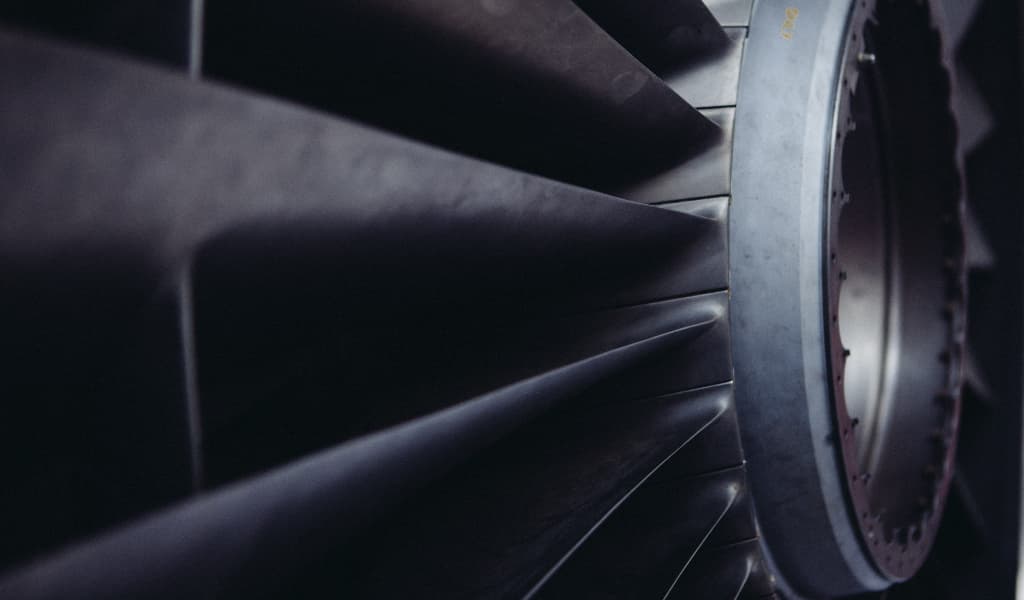
Aircon Blower Replacement Cost | Installation & Repair
What is an aircon blower?
An aircon blower, also known as an air conditioner blower or simply a blower, is a component of an air conditioning system that is responsible for circulating air throughout the system. It is typically a motor-driven fan that draws in air from the surrounding environment and forces it through the air conditioning unit, where it is cooled or heated before being distributed into the desired space.
The blower plays a crucial role in the overall functioning of an air conditioning system. It helps to move air across the evaporator coil, where heat is absorbed from the indoor air, or across the condenser coil, where heat is released to the outside environment. By circulating air, the blower facilitates the transfer of heat, helping to cool or warm the air within a room or building.
How does the Aircon blower work?
The aircon blower works by drawing in air from the surrounding environment and moving it through the air conditioning system. Here's a simplified explanation of how it operates:
1. Air Intake
The blower pulls in air from the room or space through a grille or vent located on the unit's front or side. This air is usually at room temperature.
2. Filtered Air
Before entering the blower, the air may pass through a filter to remove dust, allergens, and other particles, improving air quality.
3. Blower Motor
The blower is driven by an electric motor, usually located inside the indoor unit or air handler. When the motor is powered on, it starts rotating the fan blades.
4. Airflow Generation
As the fan blades spin, they create airflow by pushing the air forward. The rotation of the blades creates a low-pressure area behind them, which draws air from the intake and propels it out through the outlet.
5. Heat Exchange
The aircon system has two sets of coils: the evaporator coil and the condenser coil. The blower helps in the heat exchange process by blowing air across these coils.
a. Cooling Mode: In cooling mode, the blower pulls warm air from the room over the evaporator coil. The evaporator coil contains a cold refrigerant that absorbs heat from the air, cooling it down. The blower then blows the cooled air back into the room.
b. Heating Mode: In heating mode (for systems that provide both cooling and heating), the blower draws in cooler air from the room and blows it over the condenser coil. The condenser coil contains a hot refrigerant that releases heat into the air, warming it up. The blower then circulates the heated air into the room.
6. Air Distribution
Once the air has been cooled or heated, the blower distributes it through the air conditioning system's ductwork or vents, delivering conditioned air to the desired space.
The speed of the blower can often be adjusted to control the airflow and achieve the desired temperature and comfort level. It is controlled by the air conditioning system's thermostat or through manual adjustments.
Where is the blower located?
The blower is usually located in the indoor unit of a split air conditioning system or within the air handler of a central air conditioning system. It is connected to a motor that drives the fan blades, enabling them to spin and create airflow. The speed of the blower can often be adjusted to control the volume of air being circulated, allowing for temperature and airflow regulation.
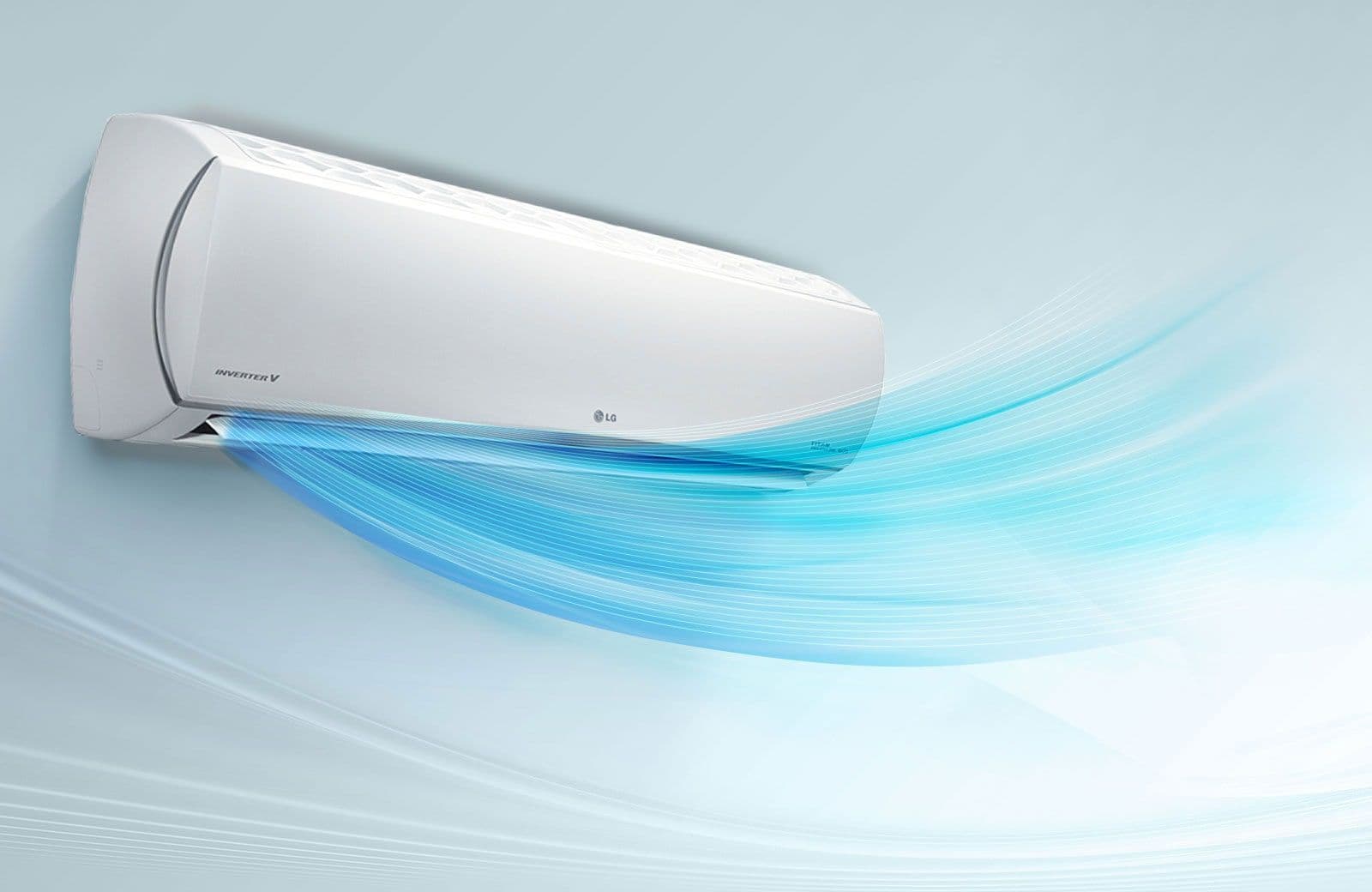
When to replace or repair an Aircon Blower?
The decision to replace or repair an aircon blower depends on several factors, including the severity of the issue, the age of the blower, the cost of repair versus replacement, and the availability of replacement parts. Here are some considerations:
1. Severity of the Issue
If the blower has minor issues that can be easily repaired, such as a loose connection or a worn-out belt, repair may be the most appropriate option. However, if the blower motor is completely burnt out or the fan blades are severely damaged, replacement might be necessary.
2. Age of the Blower
Consider the age of the blower when deciding whether to repair or replace it. If the blower is relatively new and still within its expected lifespan, repairing it might be a cost-effective choice. However, if the blower is old and nearing the end of its lifespan, replacing it could be a better long-term solution, as other components may also start failing soon.
3. Cost of Repair versus Replacement
Compare the cost of repairing the blower with the cost of a new blower unit. In some cases, especially if the repair is minor, repairing the blower can be more economical. However, if the repair costs are high or if multiple components need replacement, it might be more cost-effective to invest in a new blower.
4. Availability of Replacement Parts
Consider the availability of replacement parts for the specific blower model. If the blower is older or less common, finding the necessary parts for repair may be challenging or expensive. In such cases, replacing the blower with a new unit could be a more viable option.
5. Energy Efficiency and Performance
Upgrading to a new blower may offer improved energy efficiency and better performance compared to repairing an older blower. Newer models often incorporate advancements in technology and design that can enhance the overall efficiency and functionality of the air conditioning system.
6. Professional Assessment
It is recommended to consult a qualified HVAC technician or air conditioning specialist to inspect the blower and provide expert advice. They can assess the extent of the damage, evaluate the repair options, and offer recommendations based on their expertise.
Aircon Blower Replacement Cost
The cost of replacing an aircon blower can vary depending on several factors, including the brand and model of the air conditioning system, the type of blower required, and the labor charges in your location. Additionally, the overall cost may also depend on whether other components, such as the blower motor or fan blades, need to be replaced along with the blower.
As an estimate, the cost of a replacement aircon blower can range from $200 to $800 or more. This cost typically includes the price of the blower unit itself, which can vary based on the specific system requirements and the brand. Additionally, you may need to factor in the cost of any associated parts, such as the blower motor or fan blades, if they are not included with the blower unit.
Best 7 Ways To Prevent Your Aircon From Leaking Water

Learn 7 simple and effective ways to prevent your aircon from leaking water in your HDB or condo. Stay cool and dry with these expert maintenance tips.
Risk Of Cheap Aircon Servicing In Singapore | 7 Check Points
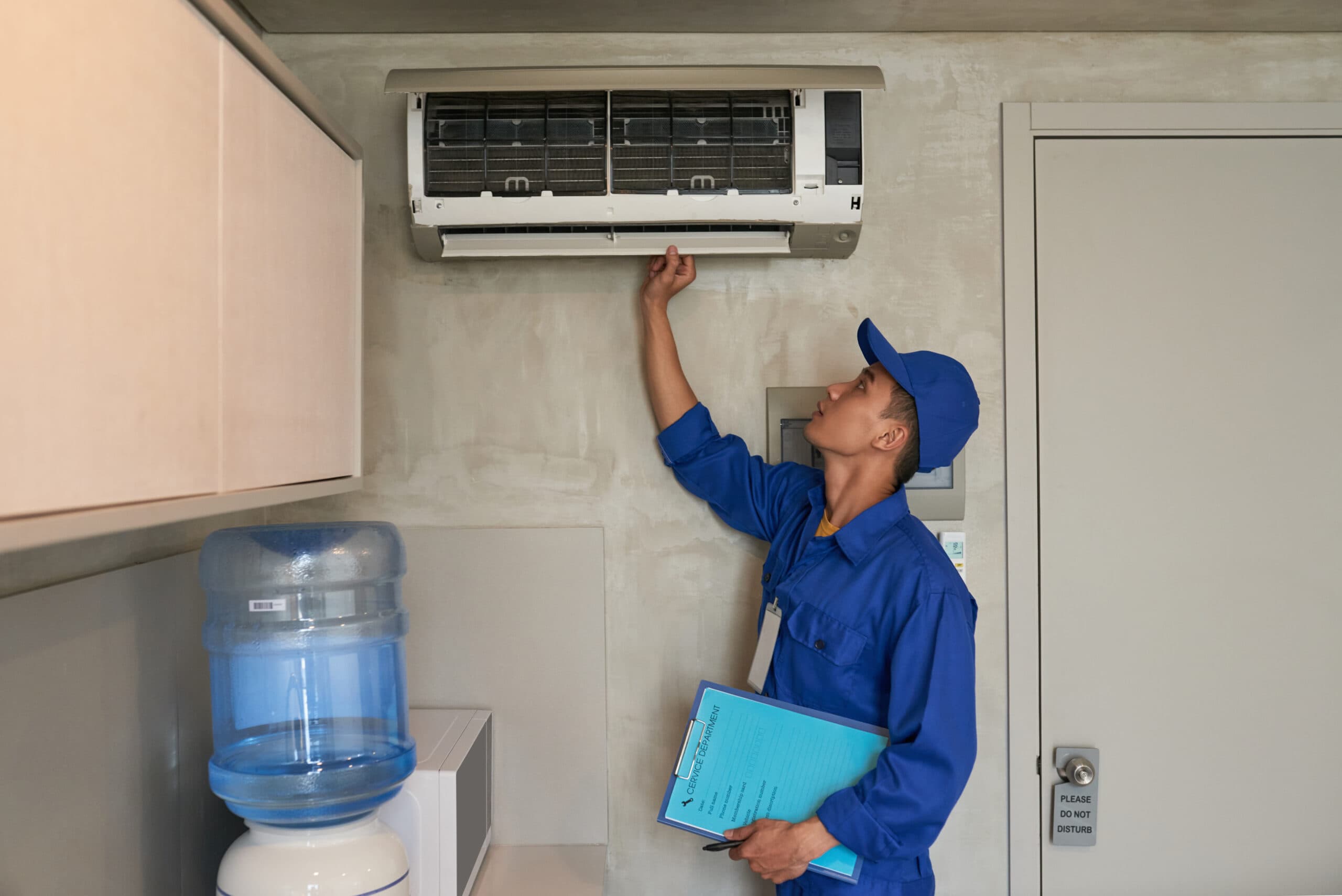
Thinking of booking cheap aircon servicing in Singapore? Discover 7 key ways to check if it’s worth it and avoid low-quality work that can damage your aircon.
Regular Aircon Servicing Is Important For Every Home
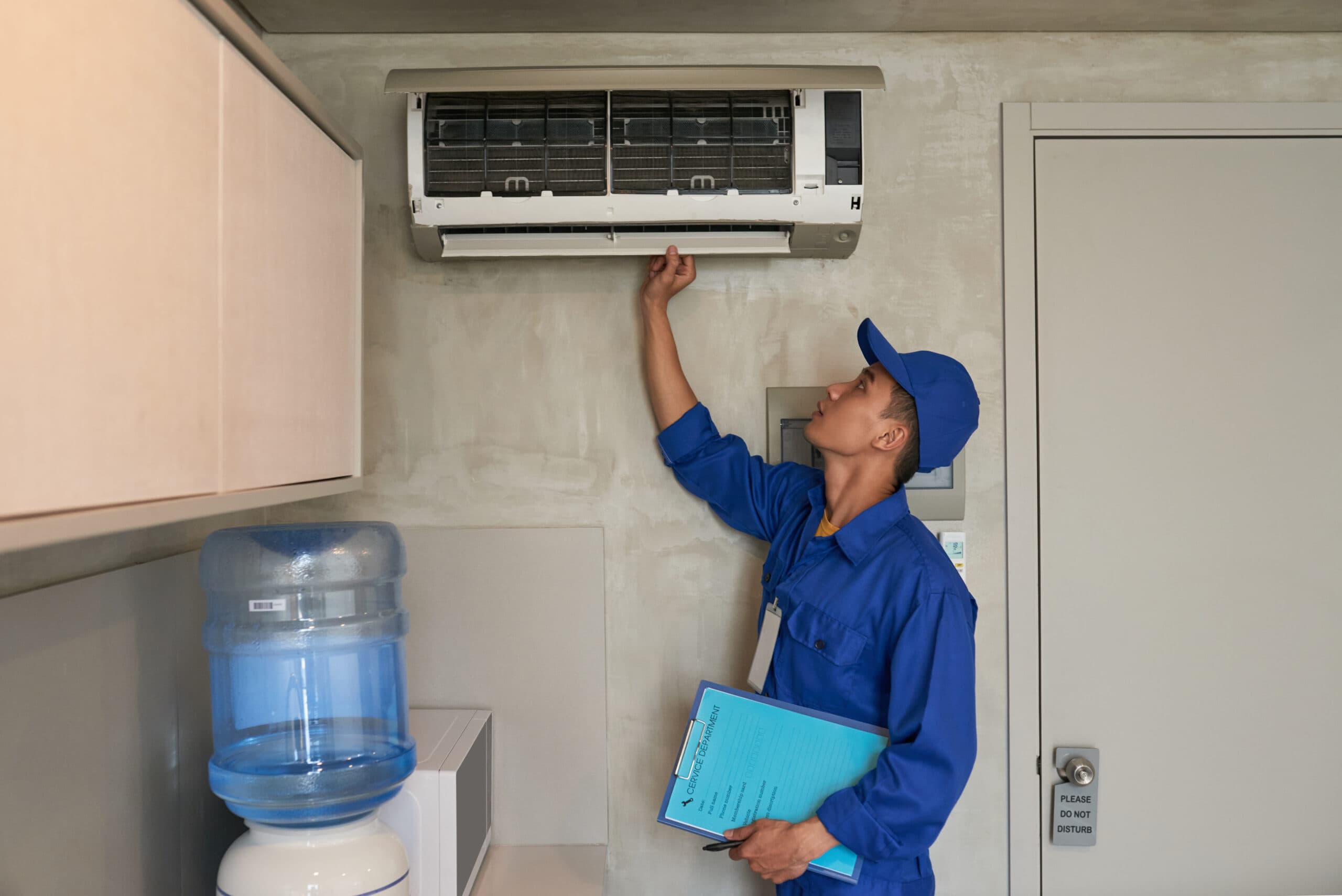
Keep your aircon running efficiently in Singapore. Learn why regular aircon servicing is essential, how to monitor for issues, and when to call a professional.
7 Expert Tips To Prevent Your Aircon From Overheating

Wondering how to prevent your aircon from overheating? Follow these seven essential tips to cool it down!
Professional PRISM+ Aircon Servicing in Singapore

Looking for reliable PRISM+ aircon servicing in Singapore? StringsSG specializes in comprehensive aircon servicing & repair to keep your AC running efficiently.
9 Steps In The Professional Aircon Chemical Overhaul Process

Explore the 9-step professional aircon chemical overhaul process. Get full-unit deep cleaning, reinstallation, and performance restoration by experts.
Why is your air con leaking water and how to fix
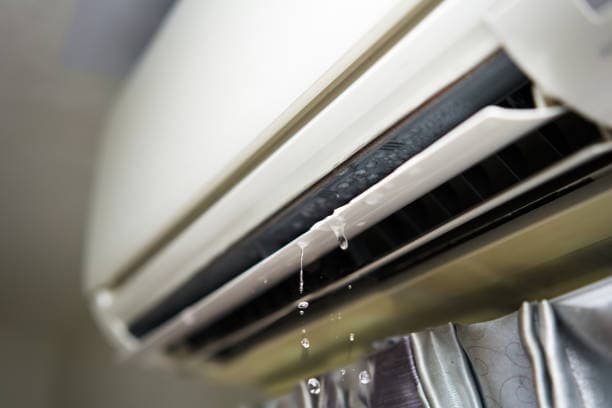
The indoor unit of your air con has a component called the evaporator coils which helps to cool the warm air. As warm air touches the condenser..
Repair Aircon Printed Circuit Board (PCB)
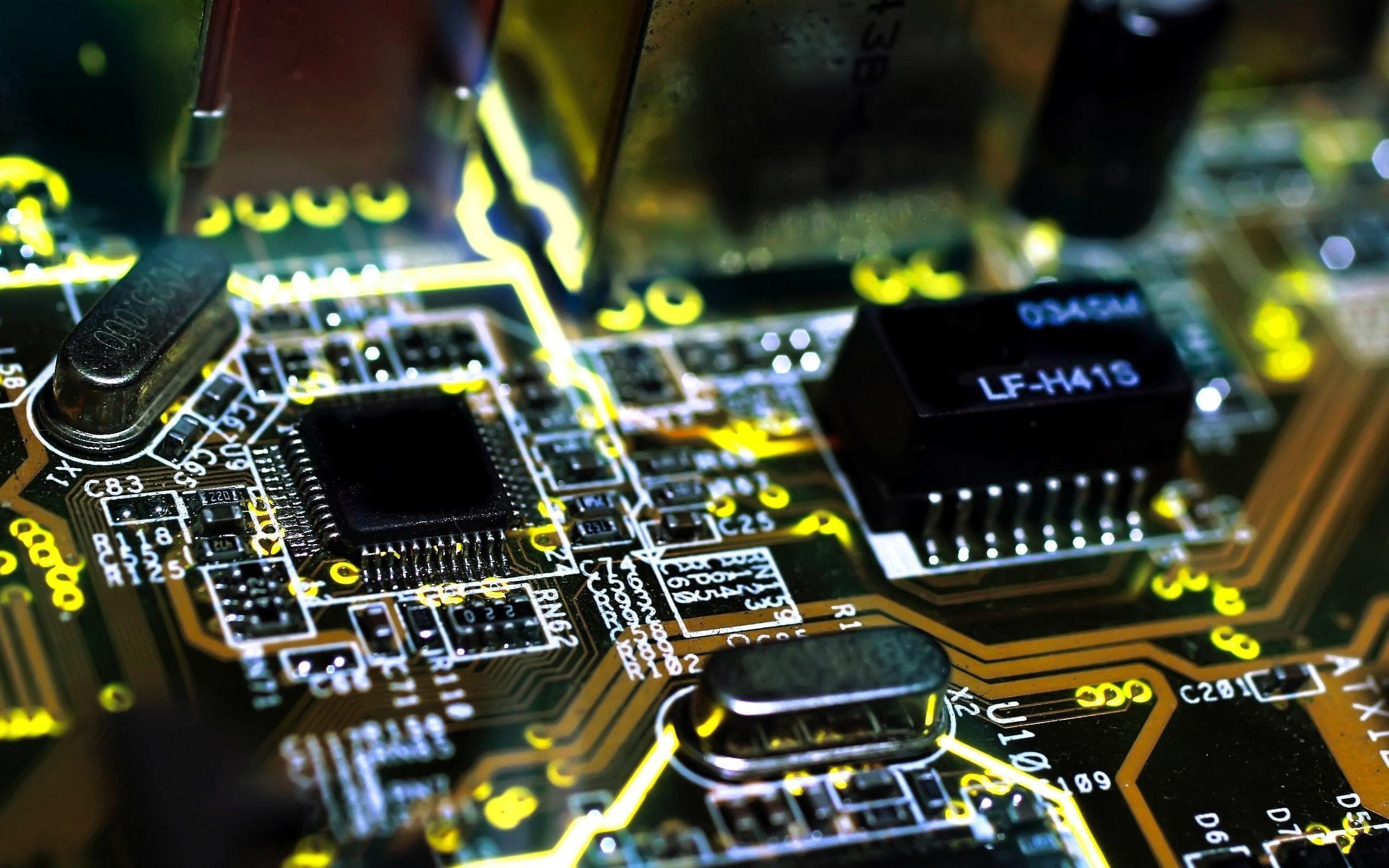
An aircon PCB (Printed Circuit Board) refers to the control or circuit board in an air conditioning unit that controls various functions of..
Aircon Thermistor Guide

Aircon Thermistor replacement can cost anywhere between $120 to $250 based on several factors, such as the aircon brand/model, complexity of..
Aircon Condenser Cleaning & Repair
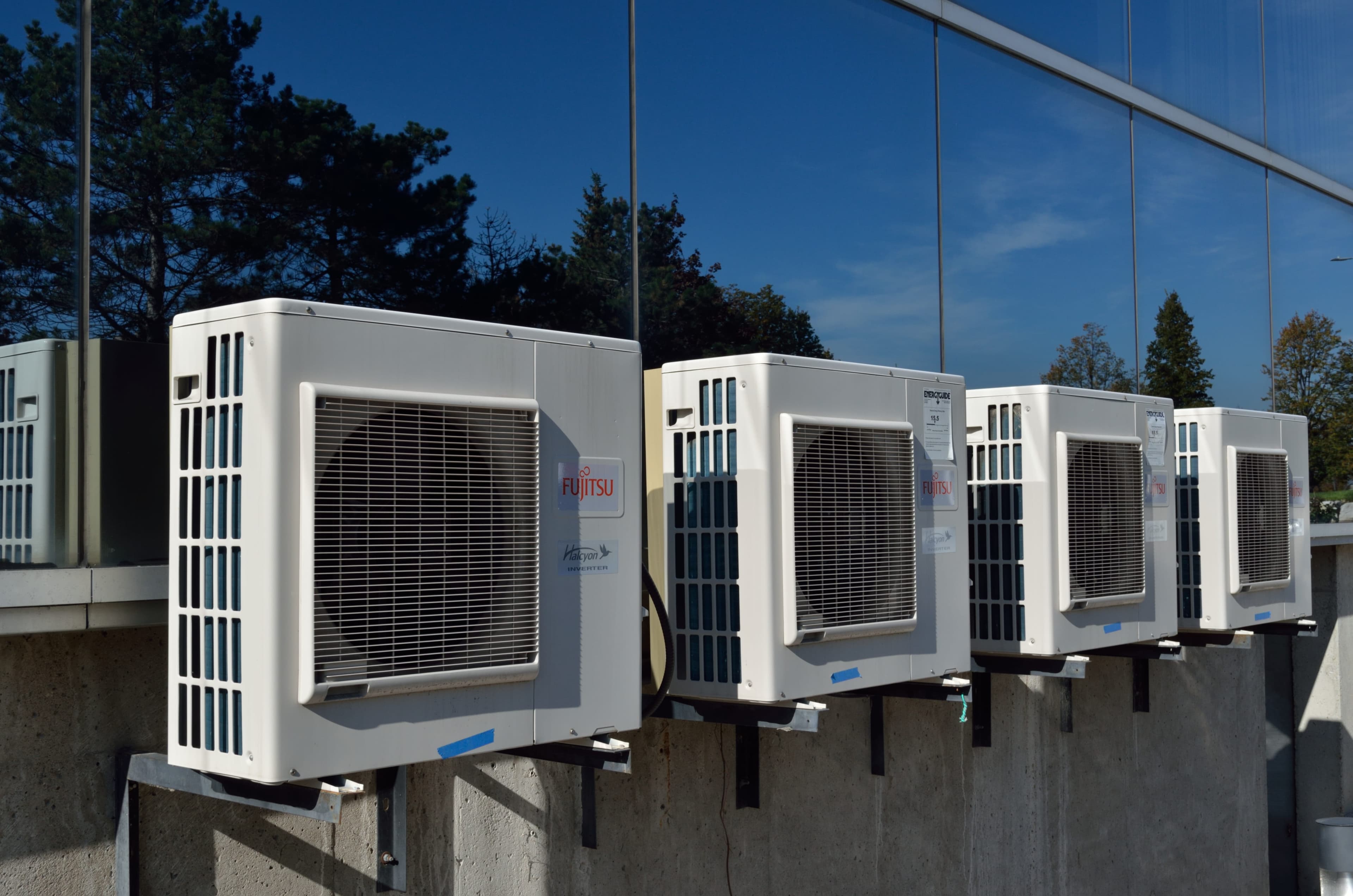
An aircon condenser (also known as an air conditioning condenser) is a vital component of an air conditioning system that helps to remove heat..
Complete Guide To Aircon Installation
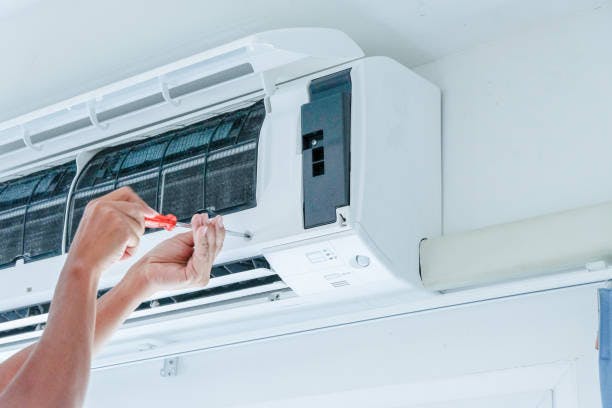
Moving in to a new house or just want to replace your Aircon? Everything you need to know about a new Aircon installation. Topic Highlights..
Fix Aircon Gas Leak | Leakage Indications & Repair Cost
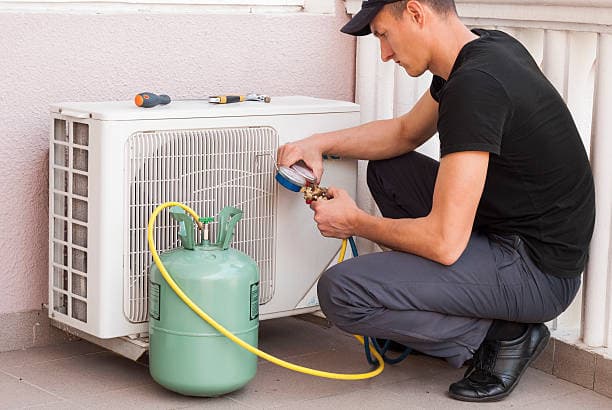
Aircon refrigerant gas leakage is a common issue faced by air conditioning systems in Singapore. Learn more about the cause, indications..
Chemical Wash vs Chemical Overhaul
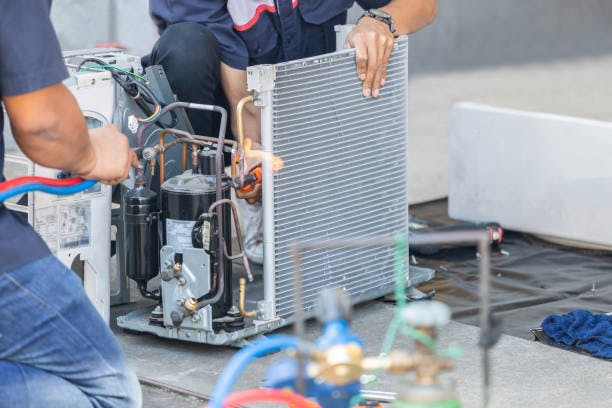
Often people get confused with these terms and what do they mean in terms of cleaning and expenses. The general purpose of a chemical wash..
Top 9 Reasons Why Your Air Conditioner Is Not Cooling
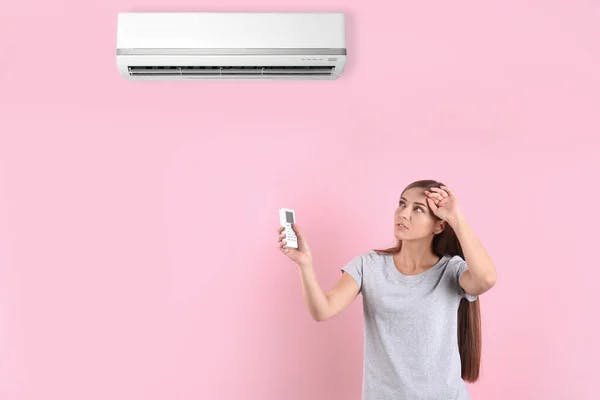
When your aircon is turned on but the air is not cold, it could mean many things like, the machine has run out of refrigerant gas..
Top 5 Reasons Why Your Air Conditioner Is Overheating
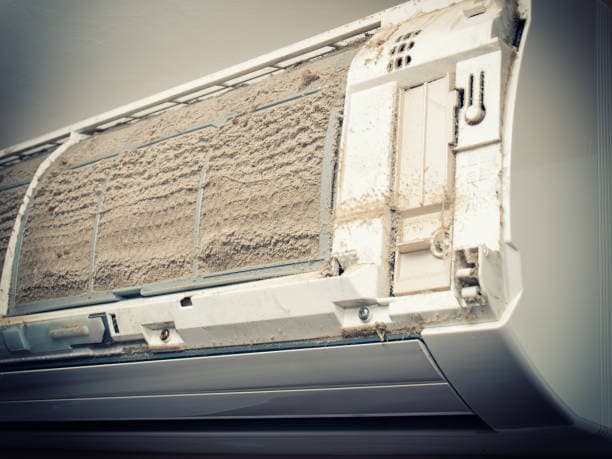
When your air con is working for long hours, it may overheat, which is the most common reason. Bad Or Dirty Air Filters- Air filter..